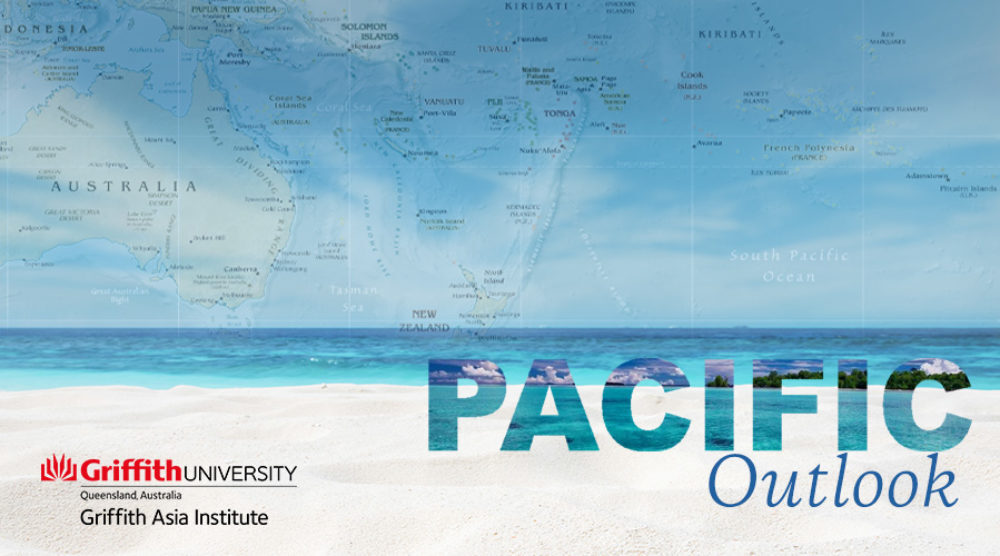TESS NEWTON CAIN |
Solomon Islands focus shifts to Parliament
Further to the riots of last week in Honiara, the weekend saw community groups and business owners commence a clean-up.
Meanwhile the focus shifts to Parliament. The Leader of the Opposition, Matthew Wale has lodged a motion of no confidence in Prime Minister Sogavare. There is a seven-day notice period before Parliament can debate it. Over the weekend, a number of backbench government MPs tendered their resignations to the Prime Minister.
On Monday Parliament convened. A motion to approve an extension of the State of Emergency for up to four months was tabled by the government and passed. Whilst there had been some concerns that the government would table a motion to have Parliament rise for the year, this did not eventuate.
Prime Minister Sogavare has said that the only way he will be forced to resign from the position is on the floor of Parliament.
Regional responses and assistance for Solomon Islands
There have been several responses to the situation in Solomon Islands.
A statement from the Secretary-General of the Pacific Islands Forum, Henry Puna made reference to the significance of both the Biketawa Declaration and the Boe Declaration as regional expressions of the importance of good governance and human rights in the context of regional security.
Australia has deployed military, policing and diplomatic personnel further to a request made by Sogavare within the terms of a 2017 security treaty between the two countries. This has been framed as an assistance mission to support the authorities in Solomon Islands in restoring order and securing critical infrastructure. Fiji is to deploy a 50-person mission in support and New Zealand is also expected to contribute.
The government of Papua New Guinea sent a combined police/correctional services contingent to Honiara over the weekend at the request of Prime Minister Sogavare under a separate bilateral arrangement.
Bye-elections in Samoa
Six bye-elections have been held in Samoa. They came about as a result of electoral disputes after the general elections that were held in April.
The Samoan parliament now looks to have a settled membership as this tumultuous year draws to a close. The governing FAST party gained four seats in the bye-elections, bringing their total number of members to 31.
The Opposition HRPP won the other two bye-elections and now holds 20 seats.
A further two seats have been created to which Ali’imalemanu Alofa Tuuau and Faagasealii Sapoa Feagaiai have been appointed to satisfy the Constitutional quota of six women in the Parliament.
This gives the Prime Minister, Fiamē Naomi Mata’afa a comfortable working majority in the Parliament but not the 2/3 that would allow for constitutional change. She can expect robust engagement with the Opposition, led by former PM Tuila’epa Sa’ilele Malielegaoi.
PNG budget aimed at recovery
In Papua New Guinea, Ian Ling-Stuckey has handed down the budget for 2022.
Described in the media as ‘whopping’ it sets out a plan to spend 22 billion kina in what will be an election year.
It has been billed as a repair budget and includes a significant increase in health spending. There is also a continuing focus on developing the non-resource sectors of the economy, such as agriculture.
However, with what is expected to be a significant fiscal gap between anticipated revenue and expenditure PNG may need to take on more debt and will be relying on assistance from development partners.
New taxes are designed to return the budget to surplus by 2027 and become debt free by 2034. One of the targets for this strategy is telecommunications and this may have an impact when it comes to the proposed buyout of Digicel by Telstra.
Tess Newton Cain is an Adjunct Associate Professor at the Griffith Asia Institute and project lead of the Pacific Hub.








